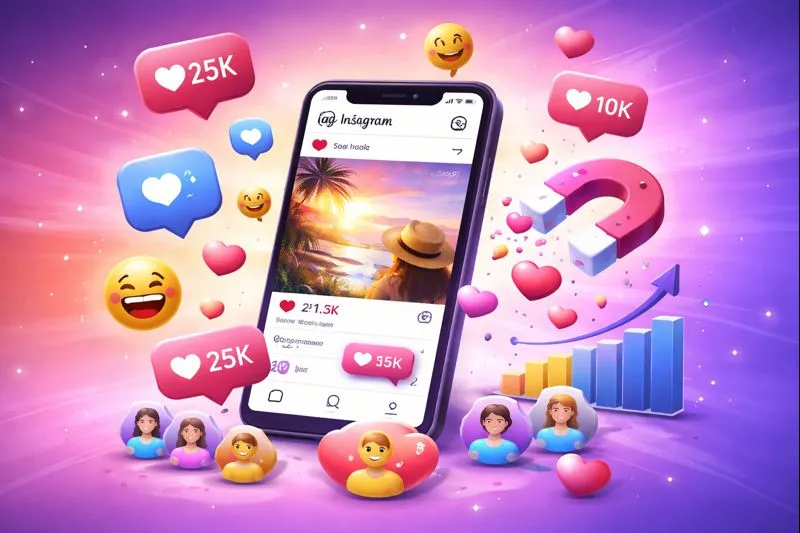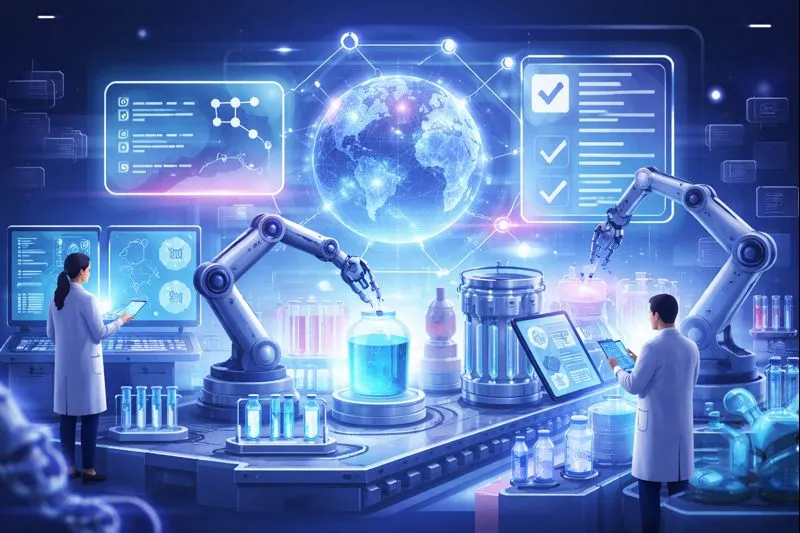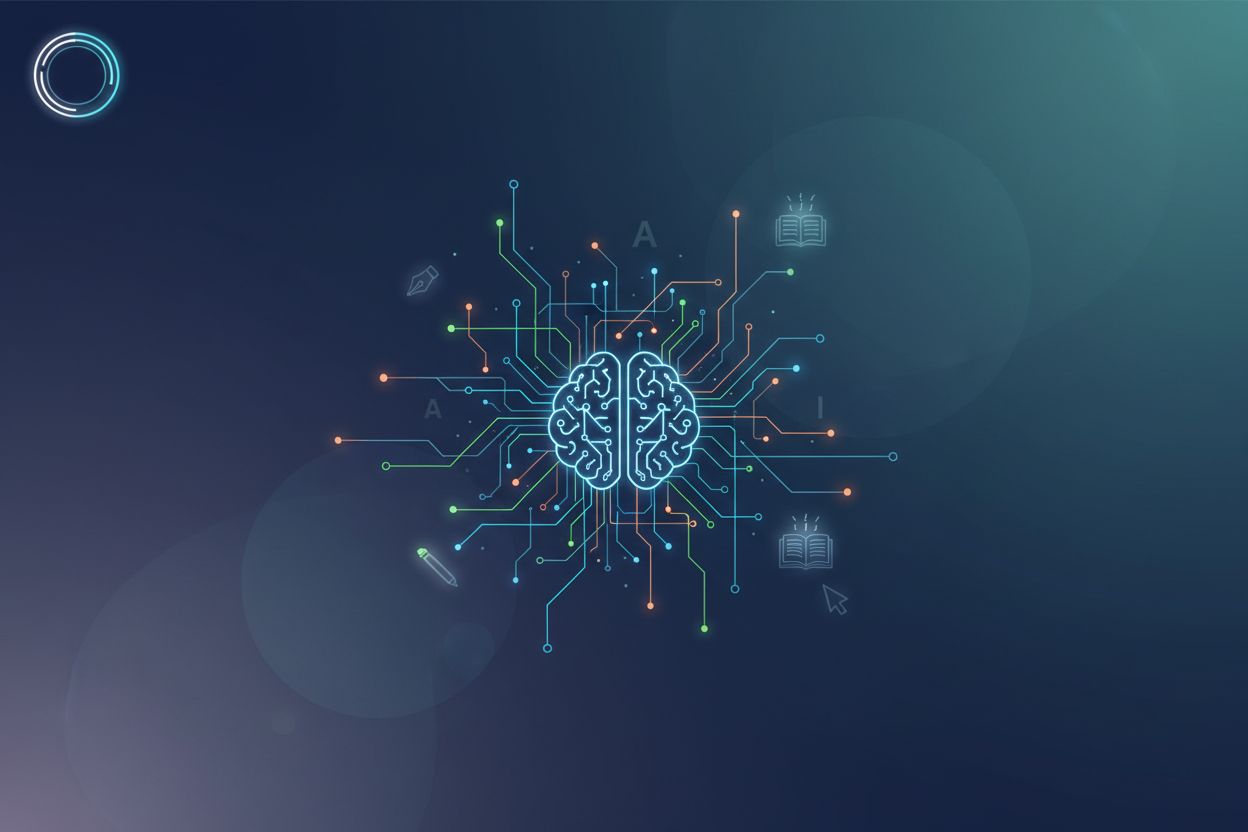?
Artificial Intelligence (AI) has undoubtedly made significant strides in recent years, revolutionizing various industries and transforming the way we live and work. As AI continues to advance at an unprecedented pace, the question arises: will AI replace the human workforce? While some may fear the rise of AI, I firmly believe that it will not replace humans but rather augment and enhance our capabilities. AI has already proven its ability to automate repetitive and mundane tasks, freeing up human workers to focus on more complex and creative endeavors. By taking over these routine responsibilities, AI allows humans to utilize their unique skills and expertise, fostering innovation and problem-solving. Moreover, AI can analyze vast amounts of data and provide valuable insights, empowering humans to make informed decisions and drive strategic initiatives. In this symbiotic relationship between humans and AI, we can leverage the strengths of both to achieve unprecedented levels of productivity and progress. While AI undoubtedly brings disruption and change, it also opens up new opportunities for collaboration and growth. By embracing AI and adapting our skill sets, we can harness its potential to create a future where humans and machines work together harmoniously, leading to a more prosperous and inclusive society.
Complementing Human Skills
AI technology is designed to complement and enhance human skills, not replace them. Machines excel at repetitive and mundane tasks, freeing up human workers to focus on more complex and creative endeavors. By automating routine tasks, AI allows humans to dedicate their time and energy to areas that require critical thinking, problem-solving, and emotional intelligence. Furthermore, AI technology empowers individuals to achieve higher levels of productivity and efficiency by streamlining processes and providing valuable insights. With the ability to analyze vast amounts of data in real-time, AI can identify patterns and trends that humans may overlook, enabling them to make more informed decisions. Additionally, AI can assist in areas such as customer service, where it can quickly and accurately respond to inquiries, leaving humans to handle more nuanced and sensitive interactions. Ultimately, the collaboration between AI and humans fosters a symbiotic relationship, where each party can leverage their unique strengths to drive innovation and progress in various industries.
Unleashing Human Potential
AI has the potential to unleash human creativity and innovation to unprecedented levels. By taking over mundane tasks, AI enables individuals to explore new ideas, develop unique solutions, and push the boundaries of what is possible. With AI as a powerful tool in their arsenal, humans can leverage their ingenuity and imagination to drive progress and make significant contributions in their respective fields. Furthermore, AI's ability to analyze vast amounts of data and identify patterns allows individuals to make more informed decisions and uncover hidden insights. By automating repetitive and time-consuming tasks, AI frees up valuable time and mental energy for individuals to focus on higher-level thinking and problem-solving. This not only enhances productivity but also fosters a culture of continuous learning and growth. As AI continues to advance, it holds the potential to revolutionize industries and create new opportunities for collaboration and interdisciplinary approaches. Ultimately, the symbiotic relationship between humans and AI propels us towards a future where innovation knows no bounds and creativity flourishes like never before.
Collaborative Partnership
Rather than replacing humans, AI will foster a collaborative partnership between man and machine. AI systems can analyze vast amounts of data, identify patterns, and provide valuable insights to humans, enabling them to make more informed decisions. This collaboration will result in enhanced productivity, improved efficiency, and better outcomes across various industries. Furthermore, the integration of AI into various industries will not only enhance productivity, improve efficiency, and yield better outcomes, but it will also empower humans to focus on more complex tasks that require creativity, critical thinking, and emotional intelligence. By automating repetitive and mundane tasks, AI frees up valuable time for individuals to engage in strategic planning, innovation, and problem-solving. This collaborative partnership between humans and AI will unlock new levels of productivity and effectiveness, ultimately driving economic growth and societal advancement. Additionally, the continuous learning capabilities of AI systems will enable them to adapt and evolve alongside humans, ensuring that the partnership remains dynamic and mutually beneficial. Together, humans and AI will revolutionize the way we work, pushing the boundaries of what is possible and ushering in a new era of unprecedented progress and success.
New Job Opportunities
While AI may automate certain job functions, it will also create new job opportunities. As AI technology advances, the need for skilled professionals who can develop, maintain, and optimize these systems will grow. Additionally, AI will create new roles that require human qualities such as empathy, creativity, and critical thinking, which machines cannot replicate. Thus, AI will not replace jobs but rather reshape the workforce, leading to a more diverse and dynamic job market. Furthermore, AI will revolutionize industries by augmenting human capabilities and enabling professionals to focus on higher-level tasks that require complex problem-solving and strategic thinking. This shift will lead to the emergence of hybrid job roles, where humans collaborate with AI systems to achieve optimal results. For instance, in the healthcare sector, AI can assist doctors in diagnosing diseases more accurately, but it will be the doctors who interpret the results and provide personalized treatment plans based on their expertise and patient interaction. Moreover, the integration of AI into various sectors will create a demand for professionals specializing in AI ethics and governance. As AI systems make decisions that impact individuals and society, it becomes crucial to ensure that these technologies are developed and used ethically, without bias or discrimination. Therefore, experts in AI ethics will play a pivotal role in designing and implementing guidelines and regulations to ensure responsible AI deployment. Additionally, the rise of AI will lead to the need for re-skilling and up-skilling programs to equip individuals with the necessary knowledge and skills to work alongside AI systems effectively. As certain job functions become automated, workers will have the opportunity to transition into new roles that require a combination of technical expertise and human qualities. This will foster a culture of continuous learning and professional growth, enabling individuals to adapt to the evolving job market and remain competitive.
Ethical Considerations
As AI becomes more prevalent, ethical considerations become paramount. Humans possess moral judgment and empathy, which are crucial for making ethical decisions. AI, on the other hand, lacks these qualities and operates based on algorithms and data. Therefore, human oversight and intervention are necessary to ensure that AI systems are used responsibly and ethically. As AI becomes more prevalent, ethical considerations become paramount, highlighting the need for human oversight and intervention to ensure responsible and ethical use of AI systems. While humans possess moral judgment and empathy, which are crucial for making ethical decisions, AI, on the other hand, lacks these intrinsic qualities and instead operates solely based on algorithms and data. Consequently, the absence of human intervention can lead to potential biases, unintended consequences, and even unethical outcomes in AI applications. Therefore, it is imperative to have human involvement in the development, deployment, and monitoring of AI systems to ensure that they align with ethical standards and societal values. By incorporating human oversight, we can ensure that AI technologies are utilized in a manner that respects privacy, fairness, transparency, and accountability, ultimately fostering a more responsible and trustworthy AI-powered future.
Conclusion
In conclusion, while AI undoubtedly has the potential to transform industries and automate certain tasks, it will not replace the human workforce. Instead, AI will complement human skills, unleash human potential, foster collaborative partnerships, create new job opportunities, and require human oversight. By embracing AI as a tool to enhance our capabilities, we can harness its power to drive innovation, productivity, and progress while ensuring a prosperous future for both man and machine. For businesses seeking to navigate this transformative era, it becomes crucial to stay ahead by incorporating AI technologies into their operations. One effective approach is to hire dedicated developers specializing in AI integration. These skilled professionals can play a pivotal role in seamlessly incorporating AI into existing workflows, ensuring a smooth transition and maximizing the positive impact on productivity and efficiency. Embracing the collaborative potential of AI and human expertise, businesses can position themselves for success in the evolving landscape of work.




